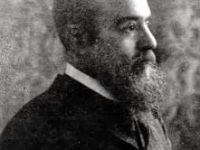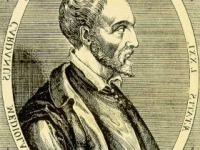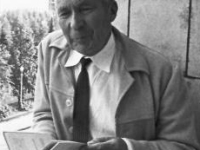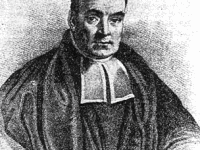Vilfredo Pareto and the Law of the Vital Few
On July 15, 1848, Italian engineer, sociologist, economist, political scientist and philosopher Vilfredo Federico Damaso Pareto was born. He made several important contributions to economics, particularly in the study of income distribution and in the analysis of individuals’ choices. The Pareto principle was named after him and built on observations of his such as that 80% of the land in Italy was owned by 20% of the population. “The assertion that men are…
Read more





